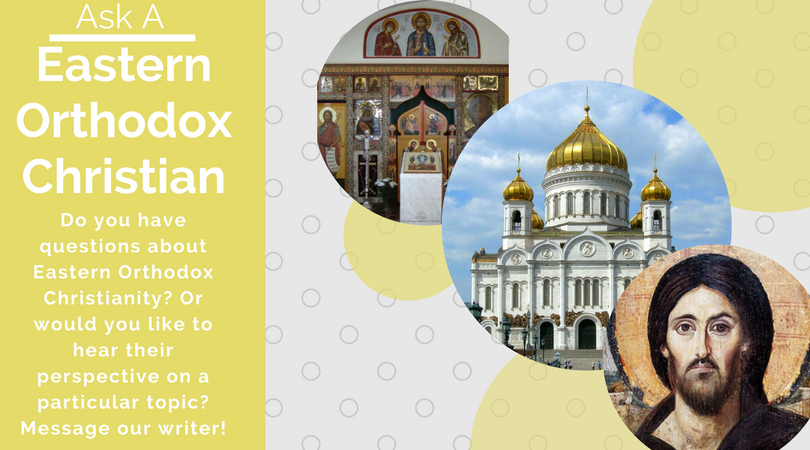Ask An Eastern Orthodox Christian: Prayer Requests
What would you like to know about the Eastern Orthodox Christian faith? Submit your question.
How do I pray for an Orthodox friend who has just been diagnosed with cancer?
Prayer might be thought of as an open line of communication, a request, a petition for understanding, a plea for help, a supplication, an intercession, a thanksgiving, a confession, and much more. The actual event of prayer is a mystery where one might say it involves the energies of the Holy Spirit of God, Who mystically connects man to one another and to God.
There is no difference when one prays for Orthodox Christians or a non-believer; what is most important here is the intentions of your heart, that those petitions are genuine for the well-being of that individual.
The second greatest commandment is “to love your neighbor as yourself and to love one another as I have loved you (unconditionally).” Our prayers, more importantly, should not just be only for the physical well-being of your neighbor, but more for the salvation of that person’s soul that the Lord will continue to guide them in Spirit and in Truth.
From the perspective and belief of Orthodox Christians, the salvation of our souls is of primary importance, for this life is but a mere drop in an ocean, and we are here to prepare for the next life.
What we may not immediately realize is the more one evolves to have the cares and concerns of others, the more they are saving themselves by changing the condition of their own heart.
St. Basil the Great (330 AD) says, “But we do not restrict this request simply to what is stated in words. We should not express our prayer merely in syllables, but the power of prayer should be expressed in the moral attitude of our soul and in the virtuous actions that extend throughout our life.”
According to the Christian fathers, it is said that there are several levels of prayer. Typically, prayer is verbal; however, the highest form of prayer is without words where one descends with the mind into the heart, the center of consciousness of being, to stand “in the Presence” of the Holy Spirit of God. This prayer is often referred to as noetic prayer or prayer of the heart (the nous in the Greek). “Be still, and know that I AM God” (Psalm 46:10).
Saint Theophan the Recluse (1894 AD) calls the head (mind) “a crowded rag market: it is not possible to pray to God there because there is no end to our uncontrollable thoughts, continually chasing after one another. He tells us that “life is in the heart” and that we must descend there with our mind.”
One might ask when, where, and how often does one pray? The Orthodox response would be always, everywhere, and at any time.
https://form.jotform.com/form/82767011384155







